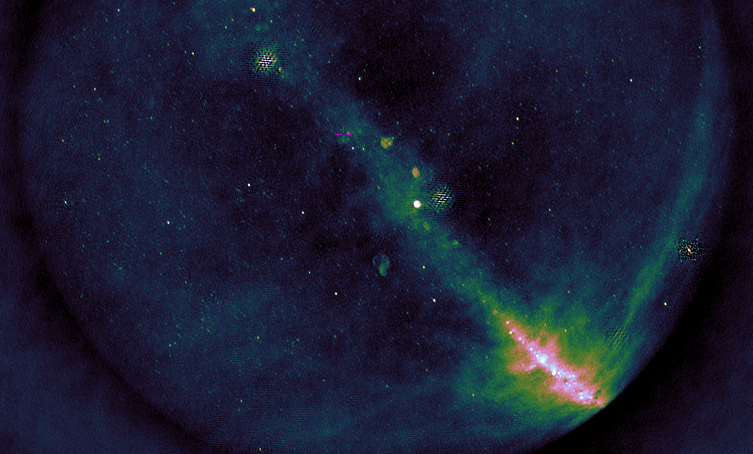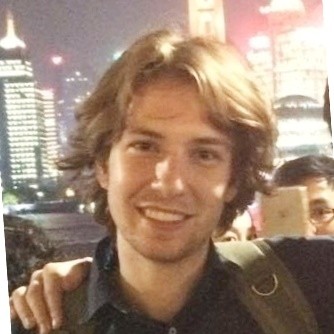
Research project
Radio Astronomy

PhD research of David Ruhe
One of the cutting edge areas of astronomy is recognising rare features in data streams in near-real time. This problem has arisen from massive imaging surveys of the sky at many wavelengths (optical, radio, X-ray). The purpose is no longer just to find objects that are there all or most of the time, but to find so-called ‘transient’ objects that appear fleetingly in hindsight.
These transients are typically multi-messenger events, meaning that their emission is seen throughout the electromagnetic spectrum and using other ‘messengers’ including neutrinos and gravitational waves. By combining the multi-messenger observations, we can probe the most extreme physical environments in the universe. However, we are not monitoring the whole sky all the time with sensitive observatories, so we need to alert them to interesting objects in order to trigger follow-up observations. As these events are often fleeting at different wavelengths, we need to trigger the follow-up in as close to real-time as possible.
Due to the nature of our searches, we cannot always predict the transient behaviour we are searching for, nor all more rare specific instrumental faults in the data stream. The real-time data streams are subject to different types of behaviour, which we do not want to confuse with astrophysical transient events, including radio frequency interference, calibration artefacts, varying noise features, space weather, meteors, airplanes and satellites.
There are multiple areas where ML can assist with solving the task at hand and the challenges it comes with. Examples are: finding latent (disentangled) representations of observed phenomena, undoing data corruption (e.g. denoising), unsupervised outlier detection, geometric deep learning. The project will explore the application and innovation of these techniques and will push the boundaries of machine learning and astronomy.
Joint work with Antonia Rowlinson, Ralph Wijers, and Patrick Forré.
Papers
Detecting dispersed radio transients in real time using convolutional neural networks
David Ruhe, Mark Kuiack, Antonia Rowlinson, Ralph Wijers, and Patrick Forré,
Astronomy and Computing 38 (2022)Self-Supervised Inference in State-Space Models
David Ruhe and Patrick Forré,
ICLR (2022)Normalizing Flows for Hierarchical Bayesian Analysis: A Gravitational Wave Population Study
David Ruhe, Kaze Wong, Miles Cranmer and Patrick Forré
NeurIPS (2022)
